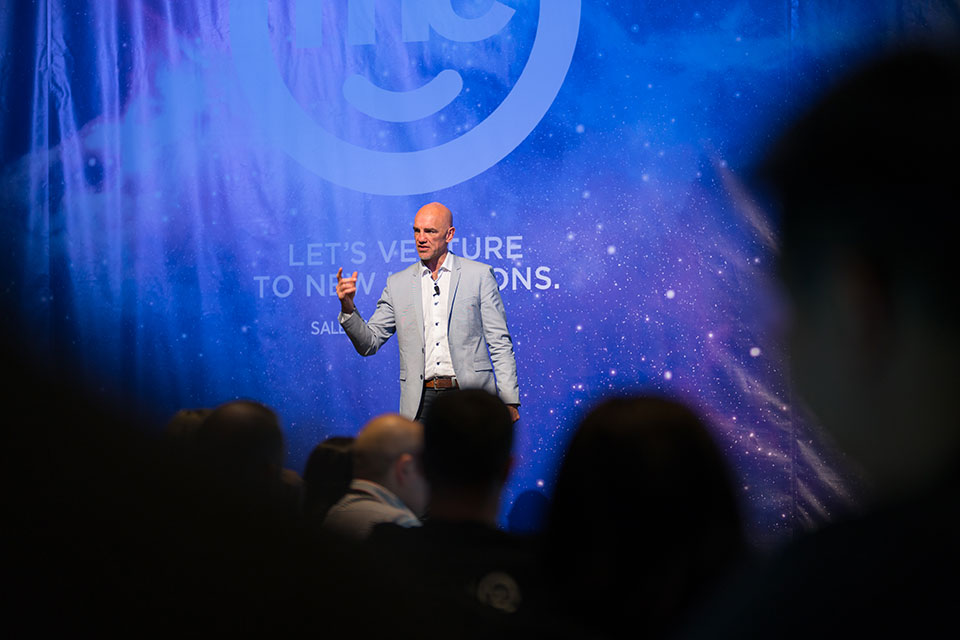7 Science-backed Ways to Boost Your Resilience

Resilience is a very topical word right now, given the numerous lockdowns and the additional stress of uncertainty. It’s also a word that is misunderstood by many people, who seem to believe that positive thinking can boost your resilience, when the reality is much more complex. There is certainly a psychological aspect to resilience, but there is also a very large biological component to it that is often missed.
The biology of resilience is best understood through the lens of a branch of science called Hormesis, which is summed up nicely by the German Philosopher Fredrich Nietzsche’s quote “That which does not kill us, makes us stronger”. Hormesis is about exposure to toxins or stressors, which in large amounts can kill us, but in small to moderate amounts induce stress resistance. Other clues to resilience come from the knowledge that the brain controls everything that we do, but is highly reliant on the health of the body to function optimally. With those concepts in mind, it’s clear that building resilience involves a number of practices that will optimise the mind, body and brain – and I believe that the following 7 key tips can improve anyone’s resilience, whilst also boosting their physical and mental health.
- Exercise –the human genome has not changed in over 45,000 years, and according to legendary Professor of Physiology, Frank Booth “the current human genome requires, and expects, us to be highly physically active for normal functioning”. Exercise confers so many benefits to the body and brain that is it the fundamental building block of resilience.
Every time you exercise, the brain releases a plethora of brain-enhancing chemicals, such as serotonin, dopamine, noradrenaline, endorphins and endocannabinoids, all of which enhance our mood. In addition, exercise burns up stress hormones and allows our body and brain to return to homeostasis and it creates all the conditions necessary for neuroplasticity – your brains’ capacity to adapt, which is fundamental for building resilience.
Exercise also releases critical stress response chemicals called heat-shock proteins, which are the cellular aspects of resilience. These stress response chemicals are linked to exercise intensity, which is why pushing yourself with high-intensity interval training gives you the best bang for your buck.
- Cold showers – yes, you read correctly! I’m a massive fan of cold-water exposure for a number of reasons. A 2016 randomised-controlled showed that people who had a 30-second minimum cold shower at the end of the normal shower, had a 29% reduction in sickness and absenteeism after a year, compared to those who did not. Research studies show that cold water exposure releases similar stress-response proteins to exercise, and helps you deal with other forms of stress through the cross-stressor effect. They also release the mood-enhancing chemical noradrenaline and enhance your immune system and, very importantly, they help you to train yourself to ‘get comfortable with being uncomfortable’.
- Mental sculpting – imagine two different characters in your head. One is your Inner Gremlin – the one responsible for negative self-talk, self-doubt and victim mentality. The other is what the Stoic philosophers call your ‘Eudaemon’ – your best inner spirit. I like to refer to this character as your Inner Sage, which you need to create. You do this by writing down a list of your best character strengths, and then add a couple of other strengths that you admire in others and would like to have more of. Your Inner Sage has all of these qualities and is there to guide you through life, especially in challenging times. The key here is to be ‘the watcher’ of your own mind, and when you find your Gremlin is in your head, you say ‘thanks for that story that you’re telling me, but it’s not helpful right now’. Instead of paying attention to your Gremlin, decide instead to pay attention to your Sage. Using visualisation to see yourself at your best, as elite athletes do, will pay dividends. My Sage is called JEV, and in challenging situations I ask myself, ‘What would JEV do right now’?
- Gratitude – there’s very compelling research to show that regular gratitude rituals prime your brain for positivity, which is important in challenging times. Get into the habit of a morning gratitude ritual, or one at dinner with your family, and train your brain to look for the positive subconsciously.
- Breath work – I’m a big fan of box breathing, a technique used by US Special Forces soldiers to control their arousal (stress). This and similar breathing patterns influence the vagus and phrenic nerves to reduce your heart rate and blood pressure and bring your brain out of stress-inducing beta waves to calm-inducing alpha waves. Breathe in for 4, hold for 4, breathe out for 4, hold for 4, and repeat for 3 to 10 cycles, depending upon how much time you have.
- Digital sunset – sleep is critical for both physiological and psychological repair, and we need to prepare for it. Turn off all devices at least 30 minutes before bed and give your brain time to decompress and prepare it well for sleep – it’s a great time to do some box breathing, meditation, or just to read a novel. You’ll also reduce blue light that interferes with your circadian rhythms.
- Connecting to others – in the Vietnam war, some prisoners such as Jim Stockdale, spend more than 7 years in the ‘Hanoi Hilton’ prison camp and some spent nearly four years in solitary confinement. They had a ‘Tap Code’ to communicate with others by tapping out letters of the alphabet on walls or pipes. I interviewed retired Colonel Lee Ellis on my podcast, who spent 5 and a half years in the Hanoi Hilton, and he said that it was the Tap Code that helped them get through it. It’s synonymous for social support, and everyone needs a Tap Code, particularly in times of trouble – so identify your Tap Code Gang and use them.
Written by Paul Taylor.
Add CEOWORLD magazine to your Google News feed.
Follow CEOWORLD magazine headlines on: Google News, LinkedIn, Twitter, and Facebook.
This report/news/ranking/statistics has been prepared only for general guidance on matters of interest and does not constitute professional advice. You should not act upon the information contained in this publication without obtaining specific professional advice. No representation or warranty (express or implied) is given as to the accuracy or completeness of the information contained in this publication, and, to the extent permitted by law, CEOWORLD magazine does not accept or assume any liability, responsibility or duty of care for any consequences of you or anyone else acting, or refraining to act, in reliance on the information contained in this publication or for any decision based on it.
Copyright 2024 The CEOWORLD magazine. All rights reserved. This material (and any extract from it) must not be copied, redistributed or placed on any website, without CEOWORLD magazine' prior written consent. For media queries, please contact: info@ceoworld.biz
SUBSCRIBE NEWSLETTER








